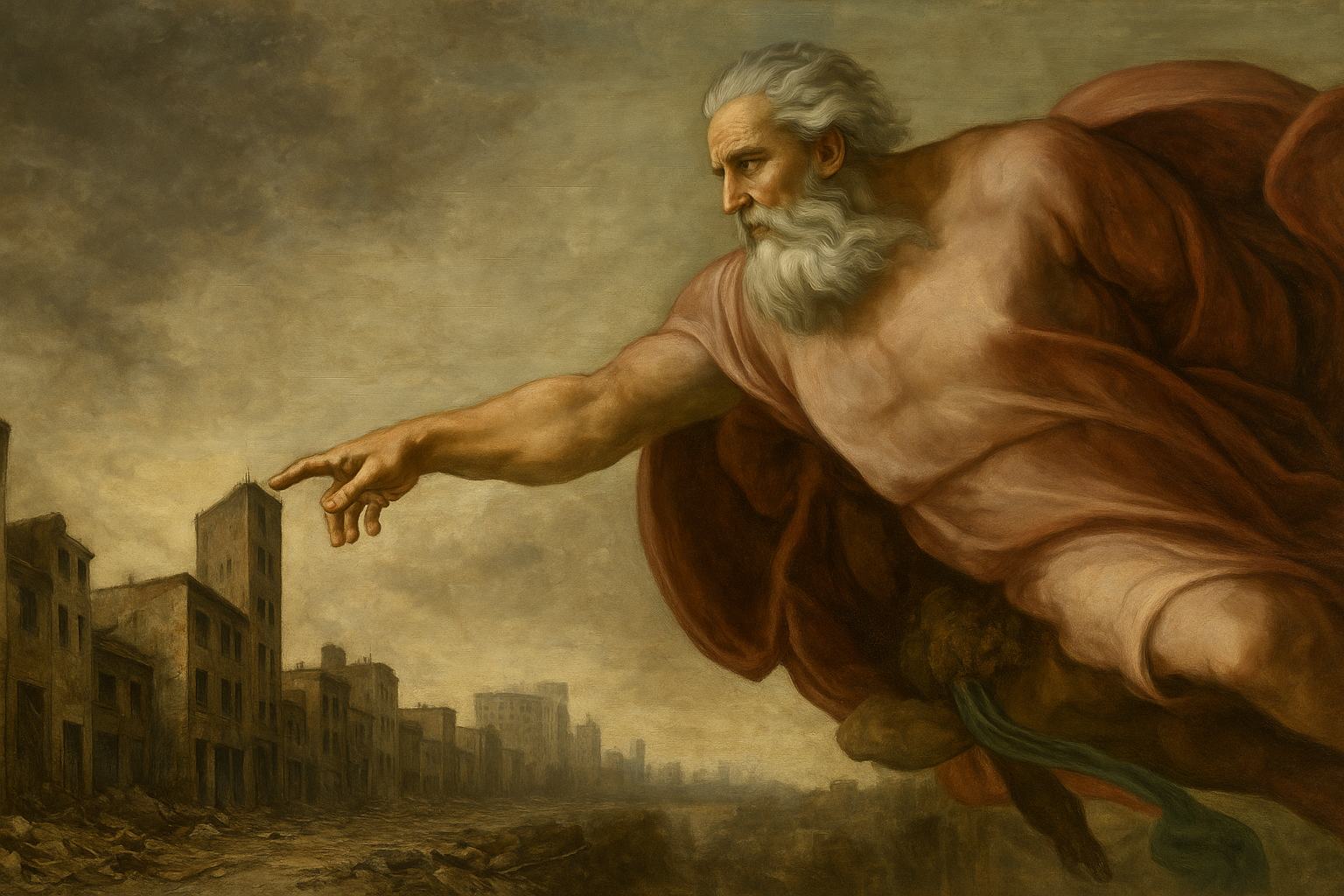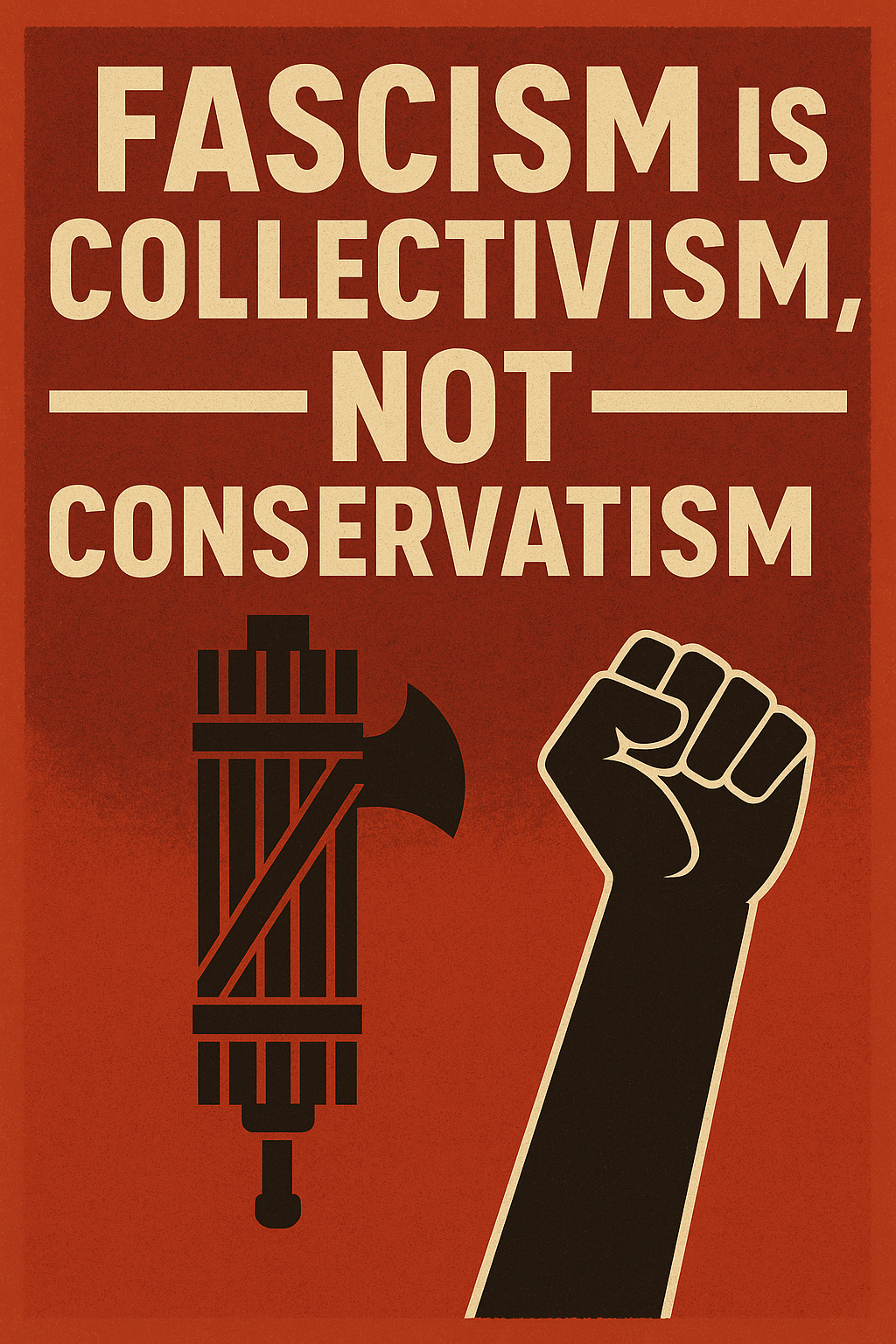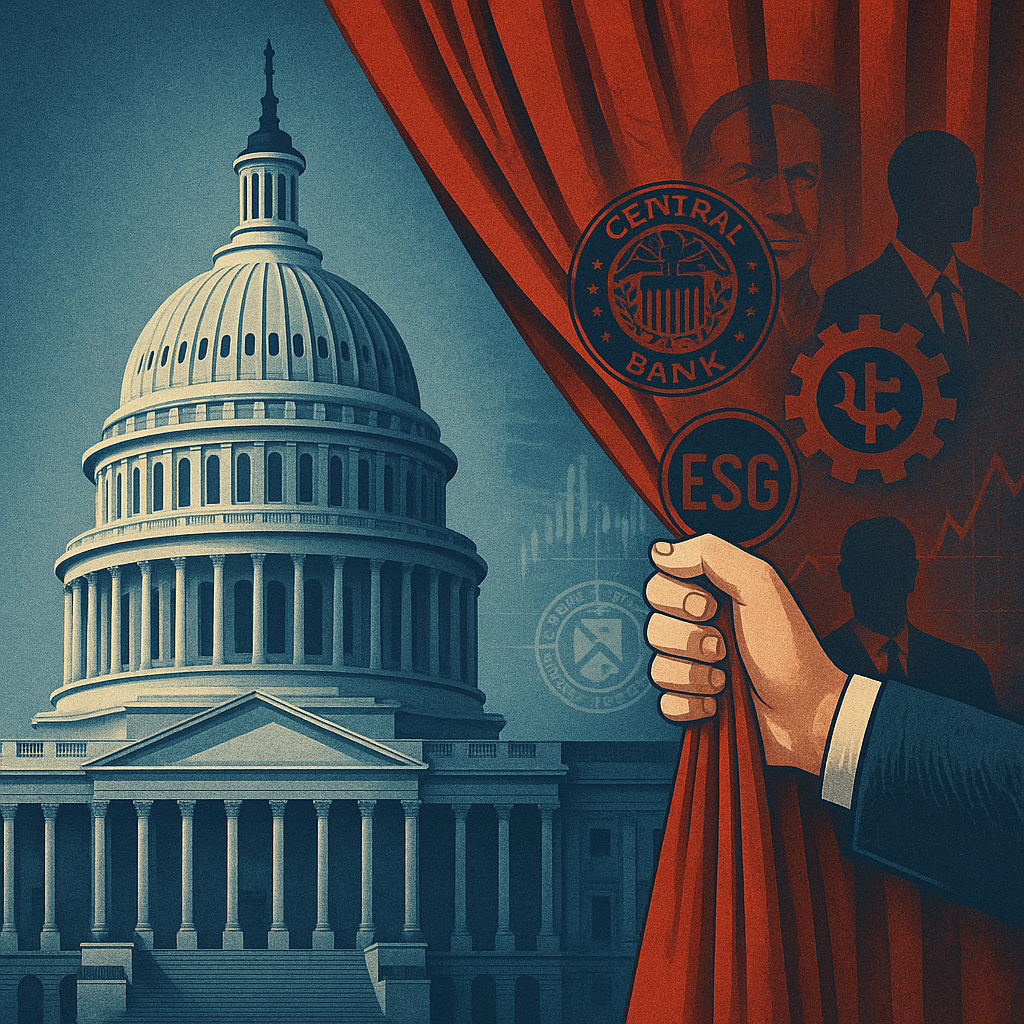The worst phrase in American history may be ‘Make America Great Again.’ It’s a great campaign slogan in the sense that it has helped at least two Presidents win elections, but it stands out almost mockingly against those who for whatever reason feel marginalized. When an African American, for example, says, “When exactly was America great?”, what does one say? The fact of the matter is, for some groups, America’s past is not very great, and when we throw the word ‘again’ into the mix, that’s like poking a stick into people’s eyes. A better phrase is, ‘Make America Great.’ By dropping the ‘again’ part, we lose the reference to the past, giving us an opportunity to define what ‘great’ means.
 If we define ‘great’ in a utopian sense, America never has been great, and never will be. There is no utopia, and as such, in a utopian sense, ‘greatness’ is a myth. In a relative sense, on the other hand, America has been, and in many ways continues to be, the greatest nation on Earth. We spend far too much time comparing America to some mythical utopia where the law of scarcity does not exist. We should worry more about how we compare to other countries, both today, and in the past. Comparing the United States to other countries provides wisdom and perspective, and it also makes America look pretty darned good. Comparing the United States to some mythical paradise provides nothing.
If we define ‘great’ in a utopian sense, America never has been great, and never will be. There is no utopia, and as such, in a utopian sense, ‘greatness’ is a myth. In a relative sense, on the other hand, America has been, and in many ways continues to be, the greatest nation on Earth. We spend far too much time comparing America to some mythical utopia where the law of scarcity does not exist. We should worry more about how we compare to other countries, both today, and in the past. Comparing the United States to other countries provides wisdom and perspective, and it also makes America look pretty darned good. Comparing the United States to some mythical paradise provides nothing.
There is a myth that Americans have always been distrusting of government. It is more accurate to say that Americans understand that government is a monopoly, and that Americans are distrusting of monopolies. Americans like to have multiple providers of things, and like to be free to choose the provider of their choice. We distrust government because once government takes an industry over, government is a monopoly.
Government is particularly onerous in that it has a monopoly on the legal use of force. When Andrew Carnegie had a virtual monopoly on the steel market, he l did not have the power to force people to buy his steel at gunpoint, or to use force to prevent someone else from making steel, but a government monopoly can do that. Private monopolies lose their monopoly status if they use the fact that they are a monopoly to raise their prices; the sudden rise in profitability attracts new competitors the way pollen attracts bees. Private monopolies also tend to be short lived, unless they have direct government support. Government monopolies can set whatever price they want, and can last as long as the government wants them to. Private monopolies must be responsive to consumer demand, making them responsive to the public. Government monopolies are responsive only to government bureaucrats, many of whom do not have the public’s interests at heart.
Unless one believes that political self interest is somehow nobler than economic self interest, one would be very wary of expanding government’s role, and today’s America is far more accommodating of government than America was in the past. To be great, we need to regain our distrust of monopoly, and by extension, of having too much government.
America has a growing fascination with socialism, but I would ask those who want socialism if they can name a country that became rich through socialism. No such animal exists. The United States emerged as the preeminent world power through one force, and one force alone: liberty. The United States had the fastest rate of growth for both working conditions and living conditions of the average worker, ever recorded in human history, between 1789 (when the Constitution was ratified) and 1913 (when the Federal Reserve was established). In 1789, we were a backwater nothing England expected to ask to rejoin their empire. England in fact was still here in 1789. We had to fight a second war – the war of 1812 – to get England to actually leave.
By 1913, we were easily the strongest economic power in world history.
How did we pass England, which still had a flourishing empire in 1913, and was the preeminent naval power in the world? England was in many ways also a libertarian country during the same time period, but England was a monarchy, and monarchies are based on caste systems. England’s caste system held them back. We can learn from this. Liberty creates economic growth, and caste systems retard it.
We can also learn something from our racist past. From 1789-1865, there was exactly zero per capita GDP growth in the South. The people in the South were just as poor in 1865 as they had been in 1789. The North, in the meantime, had exploding GDP growth per capita. The South only began to grow, per capita, after slavery was abolished. Slavery was bad for the Southern economy. One can make a similar observation about Jim Crow retarding growth. Liberty works best when all people have it, and in that sense, while we want to fall back in love with liberty, we do not want racism in our future.
Racism exists in the hearts and minds of people. We currently have about 324 million people living in the United States. If 99% of Americans were not racist, that would still leave 3.24 million who were, but how much power would that 3.24 million people have? We have fallen into a rut where we pretend that the existence of racism gives racism power, but that is not true. There will always be some people who have abhorrent beliefs, and when we pretend that they have more power than they really do, we do ourselves a disfavor. I don’t know what percentage of Americans are racist. Estimates are all over the map, with each new poll either showing that we are one of the least racist nations on Earth, or that we have a racist behind every blade of grass. We don’t even have a common definition for the word ‘racism’ anymore, and without a common definition, many of the polls on racism are measuring very different things.
There was a PEW poll recently that asked people to list the reasons they would or would not want someone living next to them. All kinds of reasons were given – criminal background, drug use – you name it and the reason was there. People had to rank all of the reasons from most to least relevant in terms of wanting someone living next to them. By that measure, the United States is tied as the least racist nation on Earth. Here is a link to an article on that study. Are we perfect? No. But we seem to be, overall, moving in the right direction.
Liberty can be a double edged sword, as free people are free to believe in abhorrent things, as long as those abhorrent things do not manifest themselves in illegal activities. Those who compare America to some mythical utopia pretend that we can forcibly eliminate racism without also eliminating liberty, and we cannot. We can eliminate racism over time by shunning those who view the world through a prism of race, but even that is difficult, as society seems to tolerate racism – even the most overt racism – from ethnic minorities. Somehow the fact that racism breeds racism, and that you cannot defeat racism with more racism, is lost on many Americans – probably because the left believes in identity politics. Anyone who makes everything about race is by definition a racist, and yet the ‘politically correct’ crowd views identity politics as the solution to racism. By teaching everyone to view the world through prisms based on things like gender and race, we are teaching people to be sexist, and to be racist, Identity politics makes the problem worse. Those who believe in identity politics are working to ‘Make American Racist Again.’ America will never be great even on a relative basis again unless we destroy identity politics.
On an economic level, I would hope we would not want to go back to the 1800s, with child labor, unsafe work environments, and all the rest. At the same time, I would hope we would understand that a nation does not go from thatched roofs and dirt floors to the relative opulence we have today at the flip of a switch. In any economic system, working and living conditions improve over time. Had we, for example, gone communist in 1789, 1790 would not have had cars and airplanes, and people would not have suddenly had X-Boxes and air conditioners. One of the most idiotic things anti-capitalists often say is, “Oh yeah – you want to go back to the days of…”. No I don’t. I just recognize that free market economies improve, and that as we still have some free market dynamics, even in today’s largely socialist economy, things are continuing to improve, albeit at a slower rate. I look at how quickly living and working conditions were improving when we were a libertarian nation, and I wonder what today might look like had those rates of growth never slowed down. The number one lesson I wish more people would learn is that today is built on the shoulders of yesterday, and as such it is not the specific living and working conditions of different points in time that matter, but the rates at which those things were improving. Making America great has to include going back to economic systems that maximize the rate at which living and working conditions improve.
Some would counter that it took government to, for example, end child labor. That’s not true. Child labor was so common through all of recorded history, until 1789, that it never occurred to anyone to question the practice. For 90% of the population in 1789, the only way a family could afford to feed everyone was to send children to work. Over the next 133 years, families became more and more wealthy, allowing more and more families to send their children to school rather than sending them to work, and by 1922 child labor was so rare as to look outrageous when it did still occur. Government banned the practice, and some children starved as a result. Government is very good at banning practices after they have become so rare as to look outrageous, which is to say, after free markets already moved the economy beyond those practices. Once again, making America great has to involve using economic models that maximize the rates of improvement over the long term.
The number of Americans living on some form of government assistance is ridiculous. More than one in five are receiving some form of welfare, and if you include all government assistance programs, the number jumps to more half of all Americans. I get that we want a standard of living that nobody needs to fall below, but government dependence is not greatness. If we want greatness, we need to measure how many people are above the poverty line without government assistance, and we need programs that help those in poverty, while simultaneously making them less dependent rather than more.
I could probably spend several days going issue by issue to discuss what greatness looks like, but that is not the point. The point is that while I get the reason so many people hate the phrase, “Make America Great Again,” in their hated for this phrase, they also seem hell-bent on keeping America from becoming great. We don’t need a national discussion on whether or not we were great, but on what greatness looks like, and on how we can move toward it. Never mind the past. Let’s work on the future.





Jeffrey Lynn
Apparently I was identified as a Troll for my responses to Ms McGee as when I went to claim guilty of not reading the entire article I was unable to comment on your Thomas Sowell Foundation post.
Upon reading the entire article, I concur with what you wrote here. May I suggest when you post on other sites, such as TSF, do not take part of the article to begin the post. Rather briefly explain and force people to read the entire article before commenting.
Sorry I took just the short synopsis as a basis, but even so I stand by my comments that America has done some exceptional things.